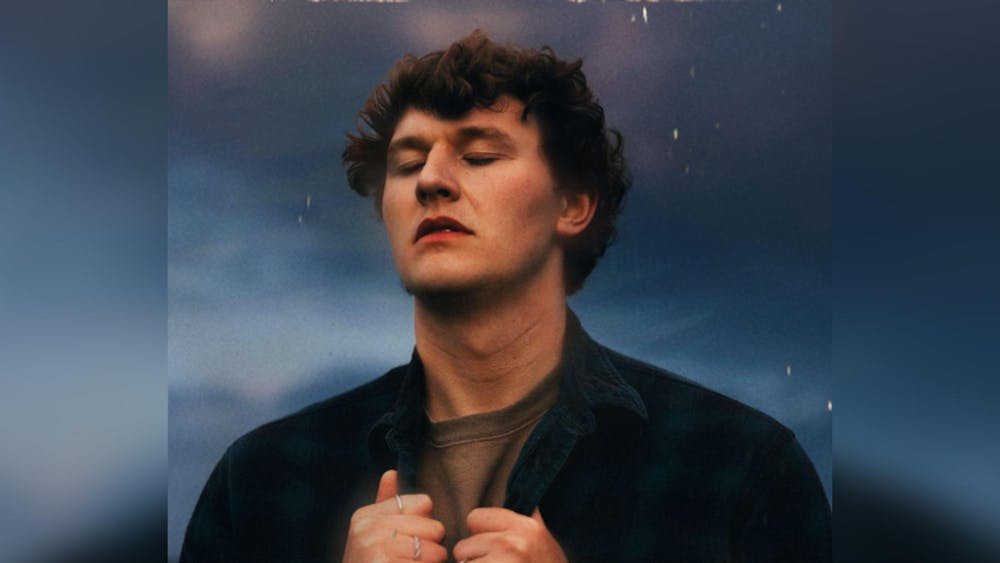Whenever I think of great art, I tend to think of Andy Warhol with his pop art style I revered for years. I used to have a quote of his hanging on my wall: “Art is what you can get away with.” And boy, did he get away with a lot.
Art is derived from a person’s experience. Most of the time, it’s a universal experience like pain, loss or love. Sometimes the façade slips, the cracks start to show and what the artist truly thinks slips into their art. This rather horrible event turns our heroes into people, with all their flaws and ugliness pushed to the forefront.
This happens constantly — especially in the never-ending spiral of the internet. These artists are human. Separating them from their words and experiences is next to impossible.
Related: [COLUMN: ‘Triangle of Sadness’ is an ambitious satire finding an easy target in the mega-rich]
Most of the time it’s easy to step away from the art when it includes touchy themes, ranging from horrific to questionable at best. For example, Falling in Reverse — an early 2000s metal band — is experiencing a resurgence on TikTok with their song “Bad Girls Club.” While it can be seen as a song making fun of incel culture, it’s important to note that this is a pattern of behavior for the lead singer, Ronnie Radke. His previous band, Escape the Fate, kicked him out for involvement in murder charges, which is concerning enough to begin with. He’s also accused
of participating in a gang rape in 2015. When a singer makes a bad song about cancel culture and refuses to apologize for his past actions, it’s hard to continue to support them, especially regarding this horrific man.
It’s easy to find these arguments to stop supporting artists within the hard rock world — from Pantera’s overt white supremacist ideals to Falling In Reverse’s involvement in murder charges to Mindless Self Indulgence’s sexual assault of a minor, as well as titling a song with the n word. It’s not exclusive to this genre though; look at Childish Gambino’s fetishization of Asian women or Rex Orange County’s six counts of sexual assault.
What happens when this is your favorite artist? Surely not all artists are horrific people under the surface, right?
It’s true that not all artists are bad people with bad values, but studies do show that the music you listen to reflects who you are. It’s a weird, gray area of morality to listen to artists on the questionable side of the spectrum, like Led Zepplin and the mud shark incident: it was consensual, but it still feels gross.
Related: [Documentary screening, workshop and readings to focus on Affrilachian Poets]
There are ways to repent (for lack of a better term) and become better people, it’s just not heard of as much as the horrible things. The Descendents have stopped playing misogynistic music, Taylor Swift removed fatphobic messaging in her music video and Mac DeMarco kicked out a member of his band upon learning his allegations. People grow and change but not everyone does.
It’s a tricky situation. For artists like Kanye West and Morrissey who started reiterating harmful rhetoric after their career took off, where’s the line? Is it possible to separate the art from the artists who create it?
It’s important to hold artists accountable for the harm they cause through their actions. If art is what you can get away with, don’t let it be antisemitic art like Warhol’s or racist art like West’s.
CORRECTION: a previous version of this article misrepresented the meaning of the song "I'm So Sick" by Flyleaf.






